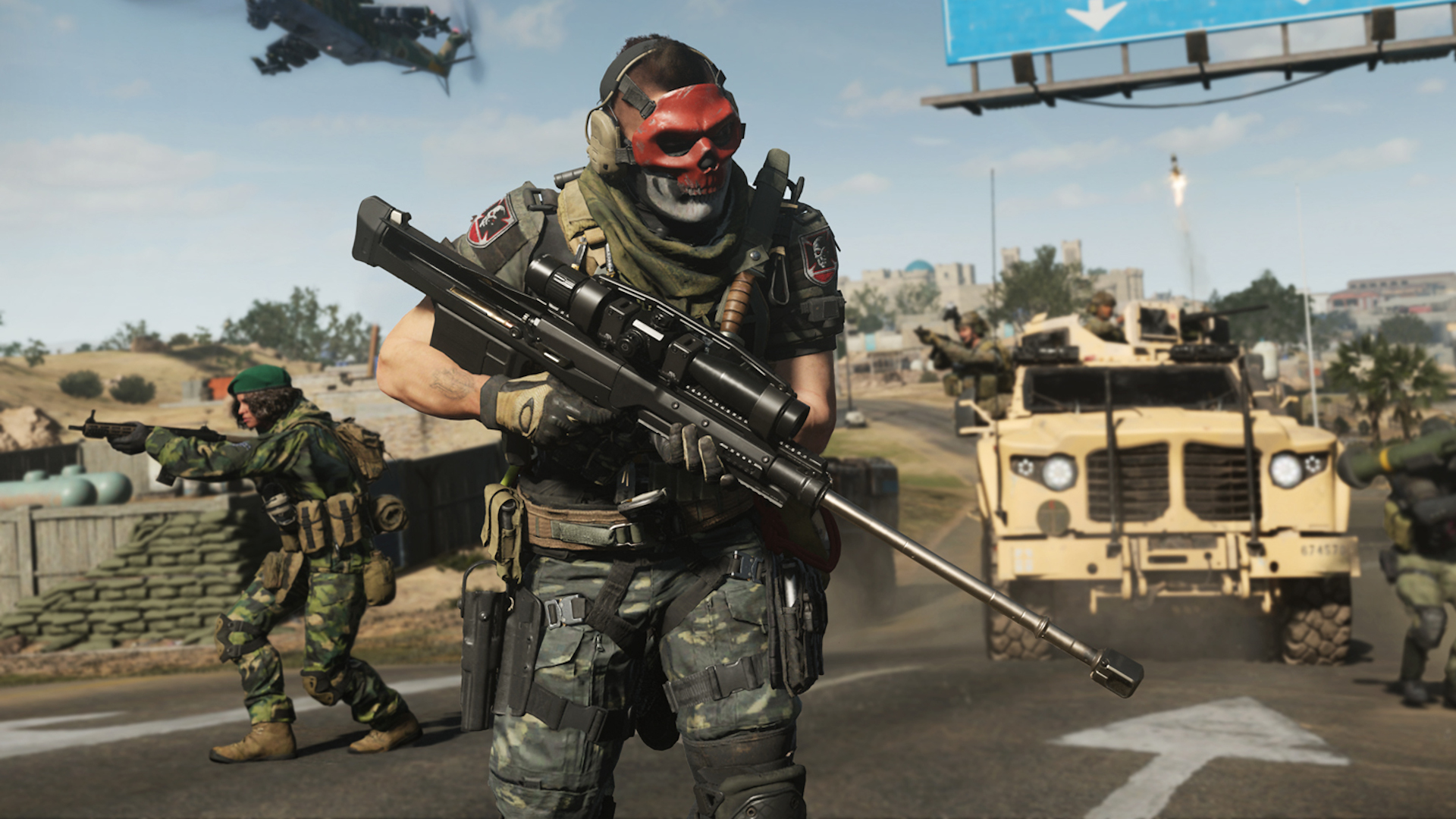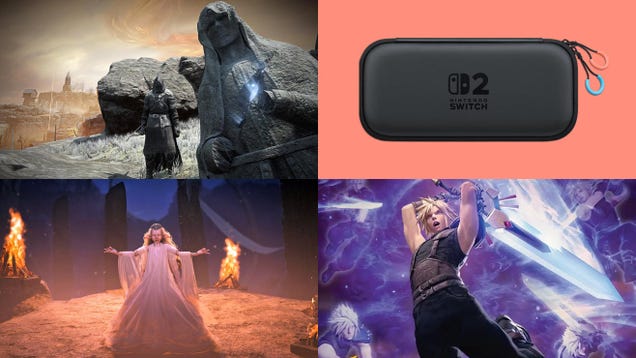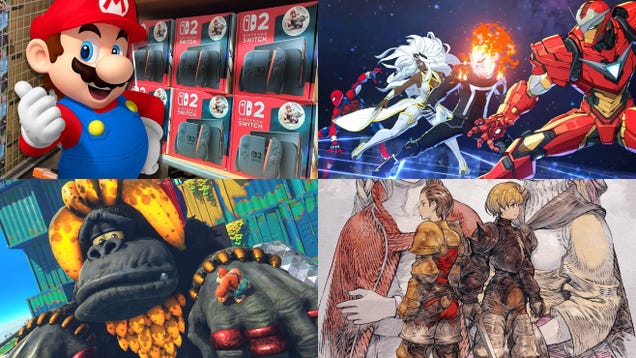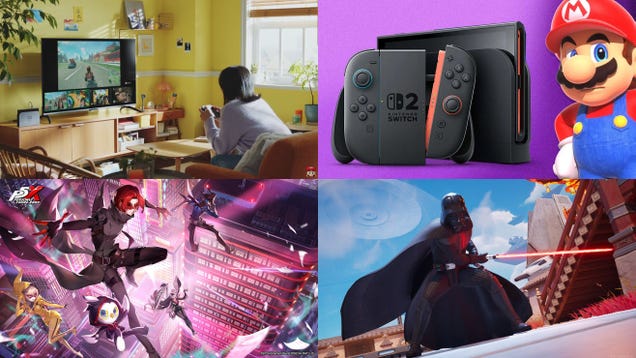
The last few years of Warzone were a bumpy ride. Let's not do it again.
Call of Duty: Warzone is bidding us adieu after two and a half years of being in various states of on fire. The modern warfare-flavored successor to Black Ops 4’s Blackout mode, Warzone quickly ascended to superpower status in the battle royale arms race. Built on the adamantine skeleton of 2019’s Modern Warfare reboot, Warzone has since been augmented with a slew of updates, each one grafting on additional guns, map changes, skins, live events, and more.
Despite Warzone’s immense popularity, its successes were often in spite of itself. After some extended solo queue time in Warzone’s new farewell event, it’s clear that Warzone 2.0 requires a more focused creative and technical vision if Activision wants to avoid the original’s pitfalls.
Thankfully, Infinity Ward has years worth of balancing blunders and game-breaking bugs to learn from in its second crack at battle royale. Let’s reflect on Warzone’s biggest shortcomings and consider it a blueprint for a better Warzone 2.0.
Decrease the file size
Warzone is beyond bloated, hastily bolted onto three different Call of Dutys (all set decades apart) with a brutal 98 gigabytes as a standalone install. If you decide that you want to play the campaign and multiplayer modes of the respective CoD games you purchased, you could easily fill up an entire SSD. By contrast, Fortnite is one-fifth that size. Byte bloat doesn’t even just affect the player—as anyone who has tried to convince their friends to play Warzone knows, the most common response is “Let me see if I have enough space.”
Warzone’s install size is a barrier to play that needs to be addressed to keep people around.
(Image credit: Activision Blizzard)
Fix the user experience and squash the bugs
Years on, Warzone’s menus are sluggish, crashes occur at random, and the netcode is unstable. It’s a uniquely hostile piece of software to navigate, littered with bugs and issues absent in most early access games. After any one of its gargantuan seasonal updates, Warzone will frequently forget your audio settings, and god help you if you have headphones on because you’re going to have to sit through an unskippable cutscene of white guys zipping up vests at deafening volume.
The worst bugs aren’t limited to the front-end: Veteran players will remember the infinite-stim glitch that saw players exploiting a healing tool to survive indefinitely outside the circle and passively win matches. Playing Warzone requires a level of patience well beyond what’s typically required of a BR game.
And don’t get me started on the shaders. It’s unacceptable how often we have to wait to party up with friends because the game needs to load individual shaders while we sit staring at a menu.
The horrendous MechaGodzilla skin from the Godzilla vs. Kong event. (Image credit: Activision)
Overhaul cosmetics
Skins are the big driver of Warzone’s revenue, and while there are some genuinely cool skins and unique weapons buried in the CoD store, the vast majority look like they’re pulling double duty for rave gear. While I would never describe Call of Duty as “minimalist,” Warzone 2.0 already looks like it’ll be refreshing, briefly free of the baggage of two and a half years of a monetization model run amok.
It’s a hard reset that’s desperately needed, but all for naught if Activision opts for more Attack on Titan-style brand crossovers that bulldoze over any attempt at cohesion. Even Fortnite, the crowned monarch of random crossover events, manages to unify its multiverse under a single style. And hey, if Warzone is dead set on being as tasteless as the single player modes that stir and linger in its shadow, go all the way and sell me an Oliver North skin.
Give the game an art style (and stick to it)
Warzone has always been a bit of a visual mess, but never more so than now, a Disneyland built on a graveyard of imperial conflicts. The decision to integrate the assets of WW2 and Black Ops into Warzone has resulted in a game with no visual identity, an awkward merge of three different games with three totally distinct art directions and design languages. While no map is free from artistic sin, Caldera is the chief offender here.
Beginning with a beachhead landing from a plane so old it predates the air force, the map grabs at disparate visual motifs (the Spanish-Columbian architecture of Havana, Japanese-occupied Burma, the late Cold War) and clumsily smashes them together. There are immensely talented artists and designers who work in the visual framework of near-future war (Yoji Shinkawa of Metal Gear fame and Shoji Kawamori’s work on Ace Combat 7, for example), and it’s a shame that a series this big is so unimaginative.
Warzone 2.0 would benefit from a map design team that can bring to life a focused, creative vision of contemporary conflict. What we’ve seen of Warzone 2.0’s launch map Al Mazrah looks promising: a jewel of the Islamic golden age laid low by centuries of foreign invasion. The emphasis placed on the region’s historical locations (crusader castles, mosques & monasteries) gives the map a stylistic edge over Verdansk’s dull post-Soviet business parks.
It’ll take both creativity and restraint to see that this theme isn’t undercut by iterative map updates.
(Image credit: Activision Blizzard)
Keep Warzone’s arsenal independent
Activision made a bold call when it decided to unite Warzone and its annual $70 Call of Duty games under one shared umbrella of battle passes, progressions, and weapons. Warzone’s seasonal model was integrated with the releases of both the Black Ops–Cold War in 2020 and Vanguard in 2021.
While it was cool to see unlocks in one CoD experience reflect in another, introducing weapons from games produced by entirely different studios that were designed for different modes resulted in dramatic meta shake-ups, almost always for the worst. The Black Ops arsenal is an eclectic assortment of high fire rate death machines that left the Modern Warfare arsenal in the dust when they arrived in one big bundle in late 2020, while Vanguard’s interwar-period rifles and rudimentary machineguns struggle to match pace at any range.
The ambitious plan to spread one Call of Duty vision across four games has resulted in a crowded arsenal of samey guns where everything feels cheapened and so-called Legendary blueprints are common mid-match finds. Attachments feel meaningless, too, with the only meaningful distinction being what type of scope you grab. Warzone’s arsenal demands a firmer hold on its meta, and a willingness to remove unbalanced gear instead of letting it linger until another DMR 14 incident occurs.
(Image credit: Activision)
Bolster the anti-cheat
A simple one everyone can agree on. Cheaters have risen, fallen, and risen again multiple times throughout Warzone’s life cycle. Activision made strides in the war on cheaters when it released its proprietary anti-cheat tool Ricochet last year, but there are still gaps to fill. Ricochet can hand out bans, but these can be circumvented by creating a new account, a pretty meaningless punishment considering most cheats are single-purchase executables that hook into Warzone’s executable.
If Warzone 2.0 implemented more thorough hardware and IP bans, it stands to reason that the prevalence of aimbots and wallhacks would decrease significantly. Warzone 2.0’s mandatory phone number login could potentially slow down cheaters, at the risk of compromising user privacy and exposure via data breach.
Warzone’s bones were and are solid, and despite the long, long list of issues I’ve encountered over its lifetime, I always came back around—even if it meant coming dangerously close to hitting my data cap downloading an update. When it’s working, Warzone is a fluid and forgiving BR with tons of flexibility and explosive gunplay.
If Warzone 2.0 can resist the temptation to go hog wild on cosmetics, emphasize optimization, bug fixes, and netcode, and not be afraid of injecting a little personality, Warzone 2.0 could be the lasting sequel that Activision is banking on.



